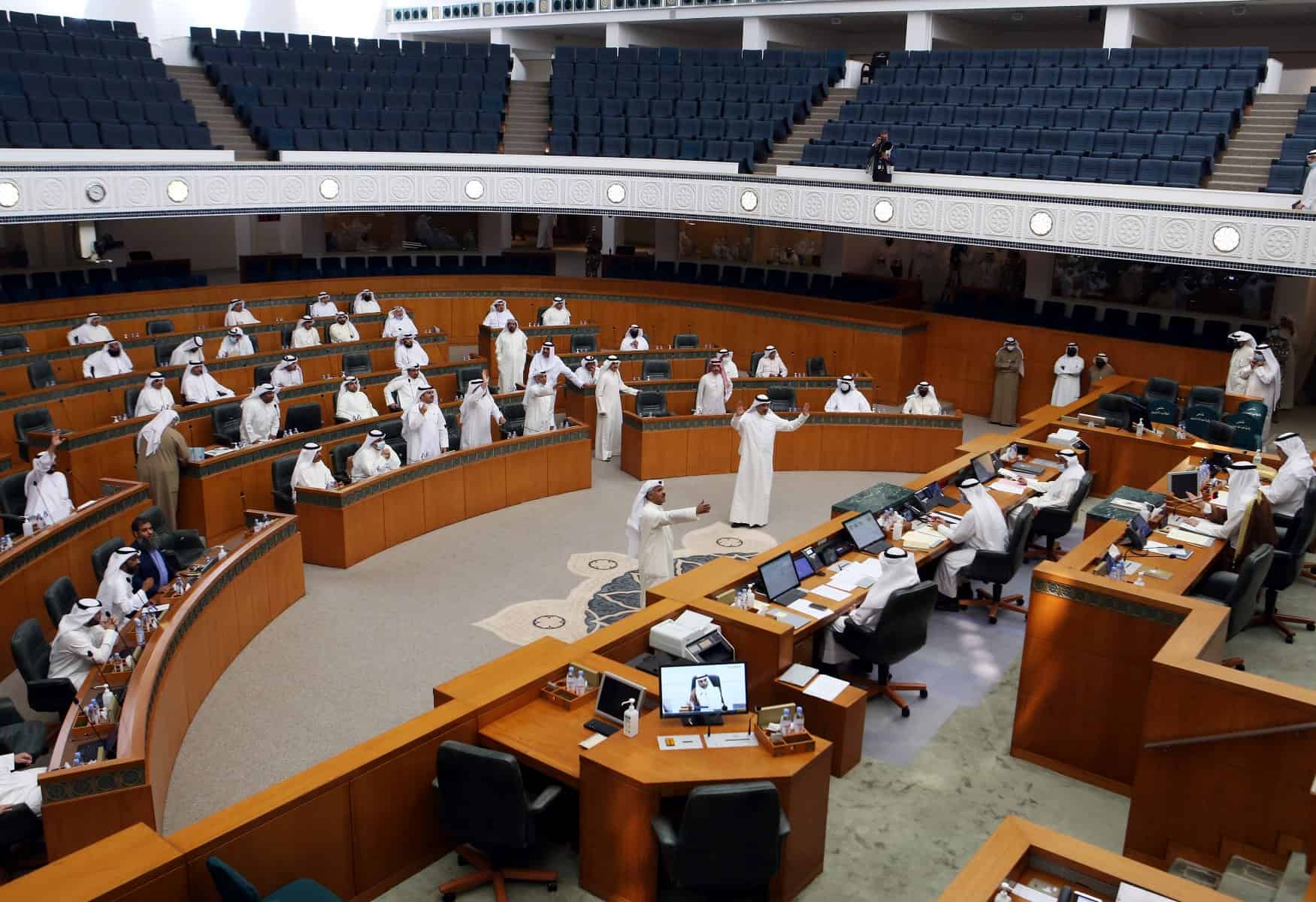Kuwait City, Kuwait– Kuwait’s caretaker cabinet submitted a draft 2023-2024 budget on Tuesday projecting a growing deficit with bigger state spending and lower oil revenues.
The budget deficit will swell to five billion dinars (more than $16 billion) for the year starting in April, up from the $10.3 billion predicted for the current fiscal year, the finance ministry said.
Spending will rise by 11.7 percent to more than $86 billion, with 80 percent going on civil service wages and public subsidies.
Revenues — 88 percent of which come from oil — are projected at around $63.8 billion, a 16.9 percent drop.
Oil revenues alone are expected to fall by 19.5 percent. They were calculated based on a price of $70 per barrel — lower than last year’s prices — and an output projection of 2.6 million barrels per day.
Kuwait, a major oil producer and member of the OPEC cartel, has the Gulf’s only fully elected parliament but it has long been mired in political difficulties.
The draft budget was submitted after the cabinet resigned last week, three months after it was sworn in to fight corruption and manage state finances.
It was the third cabinet under Prime Minister Sheikh Ahmed Nawaf al-Ahmed Al-Sabah — son of the country’s 85-year-old ruler — since he took the helm of the government in August.
According to officials, the resignation followed disputes over issues including a debt relief bill that would write off Kuwaiti citizens’ personal loans.
Lawmakers had been pressing the government to approve the bill but ministers argued it would be a heavy cost to the state.








